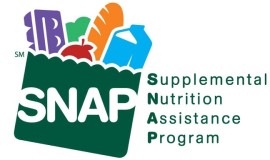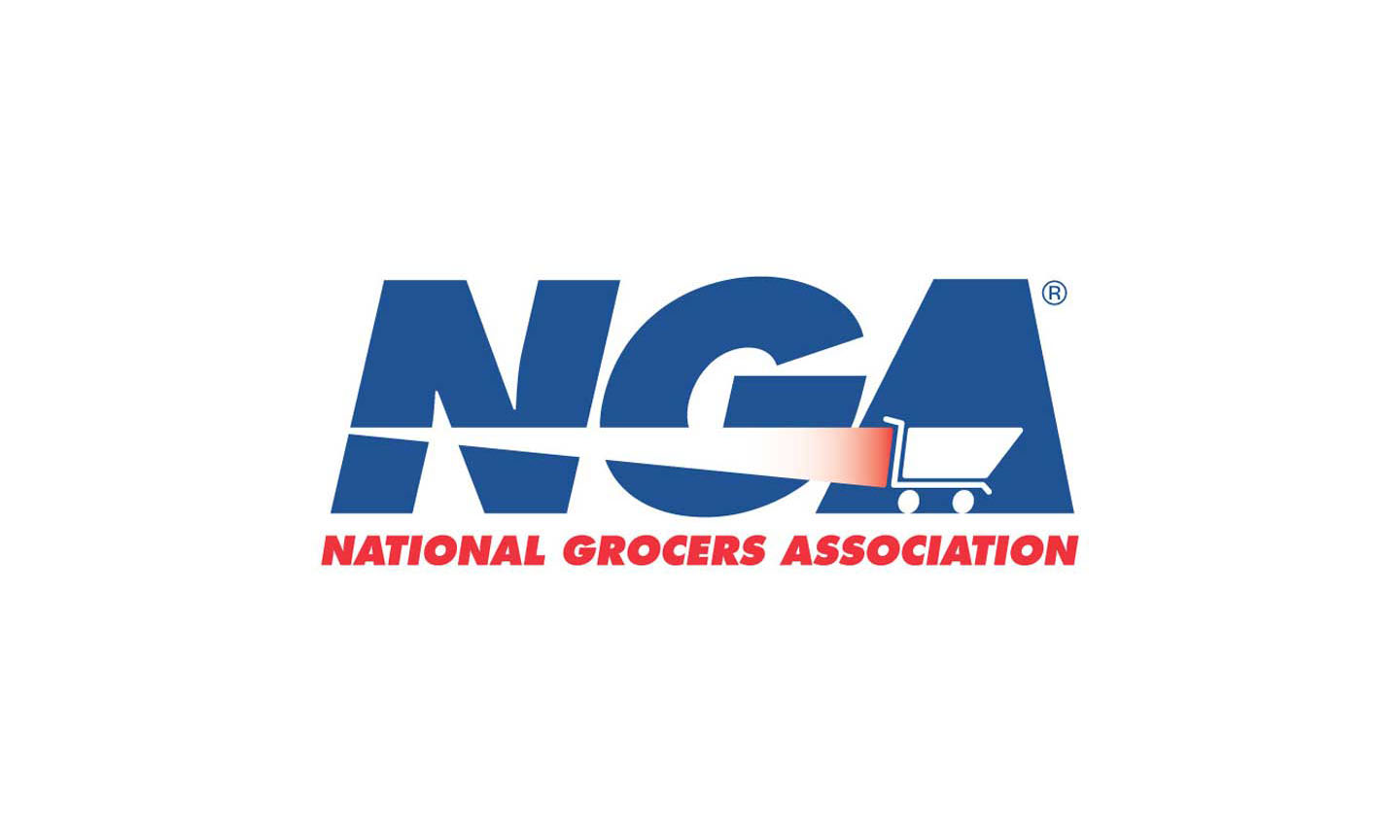Food stamp sales data is now public information. That’s according to a ruling by a three-judge panel of the Eight Circuit Court of Appeals in St. Paul, Minnesota, in Argus Leader Media vs United States Department of Agriculture. The decision “paves the way for the United States Department of Agriculture to release more than a decade’s worth of payments to hundreds of thousands of retailers that participate in the Supplemental Nutrition Assistance Program,” the Argus Leader reported on May 8.
The Eighth Circuit opinion upheld a lower court decision that found that yearly sales figures paid by taxpayers to retailers would not cause retailers competitive harm.

The National Grocers Association (NGA) feels differently. The association representing independent grocers issued the following statement from its president and CEO, Peter Larkin, in response to the ruling:
“A SNAP transaction is simply another form of payment at stores that accept SNAP. Sales data, including store-level sales data from SNAP or any other transaction, is proprietary information. NGA has long maintained that a retailer’s SNAP store data should remain private as the data contains proprietary store sales information that could be used by competitors to cause harm in the food retail marketplace.
“The supermarket industry is highly competitive, and any public disclosure of this sales information could give competitors an unfair advantage, particularly over many small and medium size grocers, in addition to stigmatizing stores that serve low income communities. This adverse court ruling underscores the importance of advancing a legislative solution to this problem, such as the House Farm Bill, which protects store-level SNAP data from public disclosure.”
 In August 2011 the Argus Leader sued USDA for annual SNAP store sales data after USDA denied a Freedom of Information Act request for the data. In May of 2016, Larkin testified on behalf of USDA as a supermarket expert and representative of the independent supermarket industry in the case. Additionally, in 2017 NGA filed an amicus brief in FMI’s appeal of the District Court’s ruling in favor of the Argus Leader. NGA says it strongly supports the continued adherence to USDA’s policy, adopted in 1978, that prohibited the disclosure of sales/redemption information submitted by retailers except for purposes directly connected with the administration and enforcement of the Food Stamp Act (now Food and Nutrition Act).
In August 2011 the Argus Leader sued USDA for annual SNAP store sales data after USDA denied a Freedom of Information Act request for the data. In May of 2016, Larkin testified on behalf of USDA as a supermarket expert and representative of the independent supermarket industry in the case. Additionally, in 2017 NGA filed an amicus brief in FMI’s appeal of the District Court’s ruling in favor of the Argus Leader. NGA says it strongly supports the continued adherence to USDA’s policy, adopted in 1978, that prohibited the disclosure of sales/redemption information submitted by retailers except for purposes directly connected with the administration and enforcement of the Food Stamp Act (now Food and Nutrition Act).
Keep reading:
https://www.theshelbyreport.com/2018/04/13/industry-responds-house-farm-bill/

